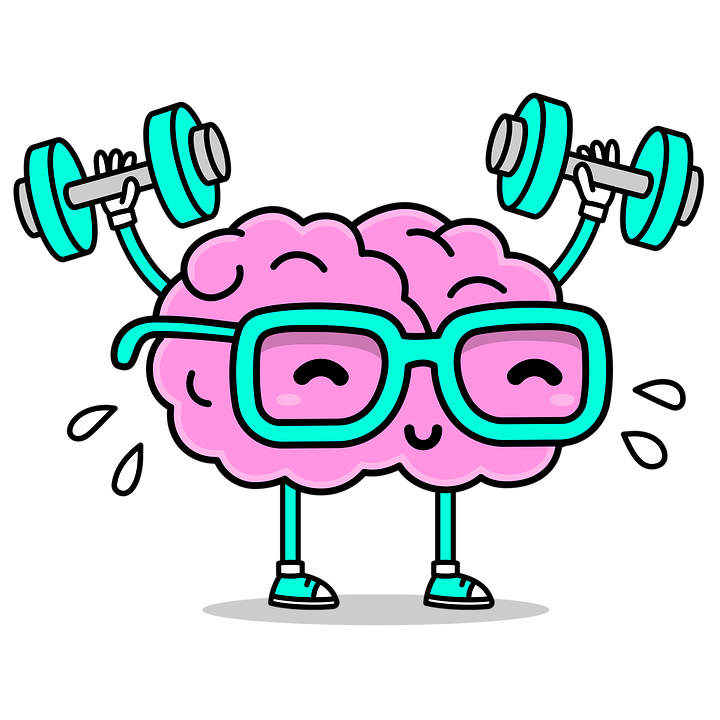In maintaining both physical and mental health, proper eating is crucial. In addition, in the prevention of cognitive decline and the fight against dementias like Alzheimer’s, good nutrition can help. But as you become older, you, as a senior, encounter many nutrition issues.
Due to reduced metabolism and decreased physical activity, you might feel less hungry. Due to alterations in your perception of taste and scent, you could get disinterested in eating. Eating may be uncomfortable for you if you have health issues like gastrointestinal changes and tooth issues. You can also take drugs that prevent you from eating or reduce your appetite.
Learn the essentials of senior nutrition, the ideal foods and nutrients for brain health, and some foods and drugs from which you should stay away.
The Best Nutrition for Your Brain
The health of the body and the brain are interdependent, but the brain requires particular attention. While some foods can harm the brain, others include the best nutrients for brain health. According to a National Institutes of Health study, specific nutrients can enhance brain health, which improves cognition and emotional wellness.
Antioxidants
Antioxidants aid in memory loss prevention, inflammation, and brain damage prevention. Antioxidants are abundant in spinach, carrots, potatoes, and broccoli.
B Vitamins
B vitamins like folic acid and B12 aid in synthesizing and maintaining brain neurotransmitters. Additionally, they convert food into energy for the entire body. Dairy, eggs, leafy greens, legumes, meat, poultry, and shellfish are good sources of B vitamins.
Choline
The body uses this vitamin in a variety of chemical processes. It is crucial for the growth of healthy brain function and the upkeep of the nervous system. Like B vitamins, choline can get in dairy, eggs, fish, meat, and poultry.
Omega-3 Fatty Acids
Fatty acids are essential for the neurological system’s healthy operation and cell structure creation. Omega-3s are abundant in fish and other seafood, nuts, and seeds.
Vitamin E
These vitamins guard against the body’s other processes from destroying cells. Nuts, seeds, greens, and some shellfish contain vitamin E. You must get these nutrients from varied sources, mainly in a balanced healthy diet with the help of supplements.
The Worst Nutrition for Your Brain
Numerous foods have the potential to harm your brain. These foods frequently contain ingredients that harm your overall health and brain function.
Alcohol
Alcohol abuse can have adverse effects on the brain. Chronic use reduces brain capacity and messes with the brain’s neurotransmitters. Additionally, it may cause behavioral modifications, memory loss, and disturbed sleep. However, controlled consumption of alcohol – such as drinking wine now and then – can have benefits. It is the excessive ingestion of alcohol that will ultimately harm your brain health.
Aspartame
It’s all connected to behavioral and cognitive issues, and this artificial sweetener is a common ingredient in sugar-free products. Additionally, it might deteriorate memory and raise brain stress levels.
Highly Processed Foods
These quick meals are frequently low in nutrition and rich in fats, salt, and sugar. As a result, they make you gain weight and harm your cognitive function.
Mercury
Fish can contain the heavy metal mercury, which, when consumed by people, concentrates in the brain, kidneys, and liver. Mercury toxicity damages the brain by interfering with neurotransmitters, the central nervous system, and the central nervous system. Since wild seafood contains a large amount of mercury, consumption should be moderate.
Refined Carbohydrates
These include sugar and highly processed cereals like white flour. Your insulin and blood sugar levels may increase as a result. According to a study in the Medical Journal Nutrients, a high glycemic load can result in memory impairment. Inflammation, known to increase the risk of Alzheimer’s and dementia, may also be brought on by excessive carbohydrate intake.
Sugar-Filled Drinks
Even fruit juice can have too much sugar, as can energy drinks, soda, sports drinks, and soda. Overconsumption of sugary beverages can raise the risk of type 2 diabetes, a risk factor for Alzheimer’s disease. Even in people who do not have diabetes, high blood sugar increases the risk of dementia.
Trans Fats
Natural unsaturated fats present in dairy and meat from animals are not harmful, but trans fats present in frosting, margarine, pre-packaged foods, shortening, and snack foods can harm the function of the brain. Studies have linked higher consumption of manufactured trans fats to an increased risk of Alzheimer’s disease, cognitive decline, decreased brain volume, and poor memory.
How to Meet Your Nutritional Needs
Consider the following factors when thinking about meeting your nutritional needs.
Regularly consume water. As you get older, you could lose your feeling of thirst, which increases the danger of dehydration. Avoid liquids with extra sugar or salt, and find out which drinks are best for your situation.
Consume a wide range of foods. Use the food groups as a guide, and try to eat frequently from each one. Pick foods with little to no added sodium, sugar, or saturated fats.
Consider nutrition. Calcium, dietary fiber, potassium, vitamin B12, and vitamin D are a must for support. Eat mainly for sustenance, not for the taste.
Consume adequate protein. Lean beef, white flesh poultry, shellfish, dairy products, eggs, and beans are meats that can provide the protein needed to maintain muscle mass.
Keep a healthy weight. Watch your quantities and stick to nutritious snacks like carrots or celery with peanut butter or raisins as an addition.
Let Us Help You Maintain Brain Health
Infinite Love Homecare specializes in caring for the elderly and helping them maintain physical, mental, and emotional health.
For a free in-home consultation, call us at (949) 529-4130 or send us a message on our Contact Us page. Our address is City Tower, 333 City Boulevard, West Suite 1700, Orange, CA 92868. We also offer residential care facilities for the elderly with top-notch cleanliness, insulation, warmth, and security.




